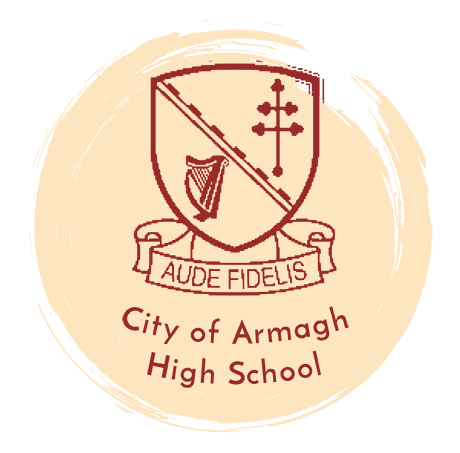Geography




Staff in the department
Miss J McKee
What will you learn in Years 8-10?
Geography is all around us. Turn on your TV almost any day and you will see coverage of events such as flooding, storms or earthquakes and hear about issues such as sustainability and global warming. These events and issues are at the very heart of Geography. It is topical, relevant and at the leading edge of technology. It makes sense of the world we live in. In short, Geography is a vital subject for the twenty-first century.
Year 8
Term 1 - What is Geography? and Maps of different scale (from Northern Ireland to Europe to the Continents and Oceans)
Term 2 – Map Skills and Northern Ireland rocks
Term 3 – Food and Fair Trade and Weather
Year 9
Term 1 – Earth structure, Volcanoes and Earthquakes.
Term 2 – Population and Migration
Term 3 – Rivers and Flooding
Year 10
Term 1 – Coastal process and features
Term 2 – Trade, Development and Fair Trade
Term 3 – Energy and resources.
What equipment will you need?
Pen, pencil, ruler and colouring pencils.
What do we expect from your homework?
Homework is intended to consolidate your classroom learning and to inform your parents and carers about what you are learning. Homework may include a written piece of work or some research once a week. Always do your homework to the best possible standard.
What will you learn in Years 11 & 12?
At City of Armagh High School we follow the CCEA specification:
Unit 1: Understanding Our Natural World - 1 hour 30-minute examination – 40%
- River Environments – river features and their formation
- Coastal Environment’s – landforms, defences and coastal management strategies
- Our Changing Weather and Climate – causes and impacts of weather in the British Isles
- The Restless Earth – the Earth’s structure, earthquakes and super volcanoes
How will I be assessed?
Unit 1 is a written exam and will be 1 hour and 30 minutes. There will be four multi-part questions. Each question will focus on one of each of the themes. The questions will have resource material and some parts will require extended writing. This examination is worth 40% of the overall GCSE qualification.
Unit 2: Living in Our World - 1 hour 30-minute examination – 40%
- Population and Migration – factors in migration, barriers to migration, and challenges faced by both refugees and destination countries
- Changing Urban Areas – challenges facing cities in LEDC’s and inner cities in MEDC’s
- Contrasts in World Development – the development gap and strategies that aim to reduce it
- Managing Our Environment – environment impact of the increasing use of resources
How will I be assessed?
The written exam for Unit 2 will be 1 hour and 30 minutes. There will be four multi-part questions. Each question will focus on one of each of the themes. The questions will have resource material and some parts will require extended writing. This examination paper is worth 40% of the overall GCSE qualification.
Unit 3: Fieldwork - 1-hour examination – 20%
Students complete a river investigation, and complete an examination
How will I be assessed?
The written exam for unit 3 will be 1 hour. Students will be expected to answer questions relating to their fieldwork experience and data collected. This examination paper is worth 20% of the overall GCSE qualification.
Why Study Geography?
In studying this course you will:
- Take part in fieldwork collecting data at first hand;
- Explore the interrelationships between people and their environments;
- Investigate how physical and human resources are managed;
- Consider interdependence between countries and the need for cooperation to tackle global issues;
- Have opportunities to use geographical skills including appropriate technologies such as GIS;
- Develop geographical skills and learn how to use appropriate technologies;
- Begin to appreciate the differences and similarities between people’s views of the world, its environments, societies and cultures;
- Consider how they can contribute to a sustainable and inclusive environment;
- Understand the significance of values and attitudes to the development and resolution of issues;
- Develop and apply their learning to the real world through fieldwork and other learning outside the classroom; and
- Have opportunities to develop as effective and independent learners and as critical thinkers with enquiring minds.
What equipment will you need?
Pen, pencil, ruler and colouring pencils.
What do we expect from your homework?
Homework may include a written piece of work or some research once a week. Always do your homework to the best possible standard.


